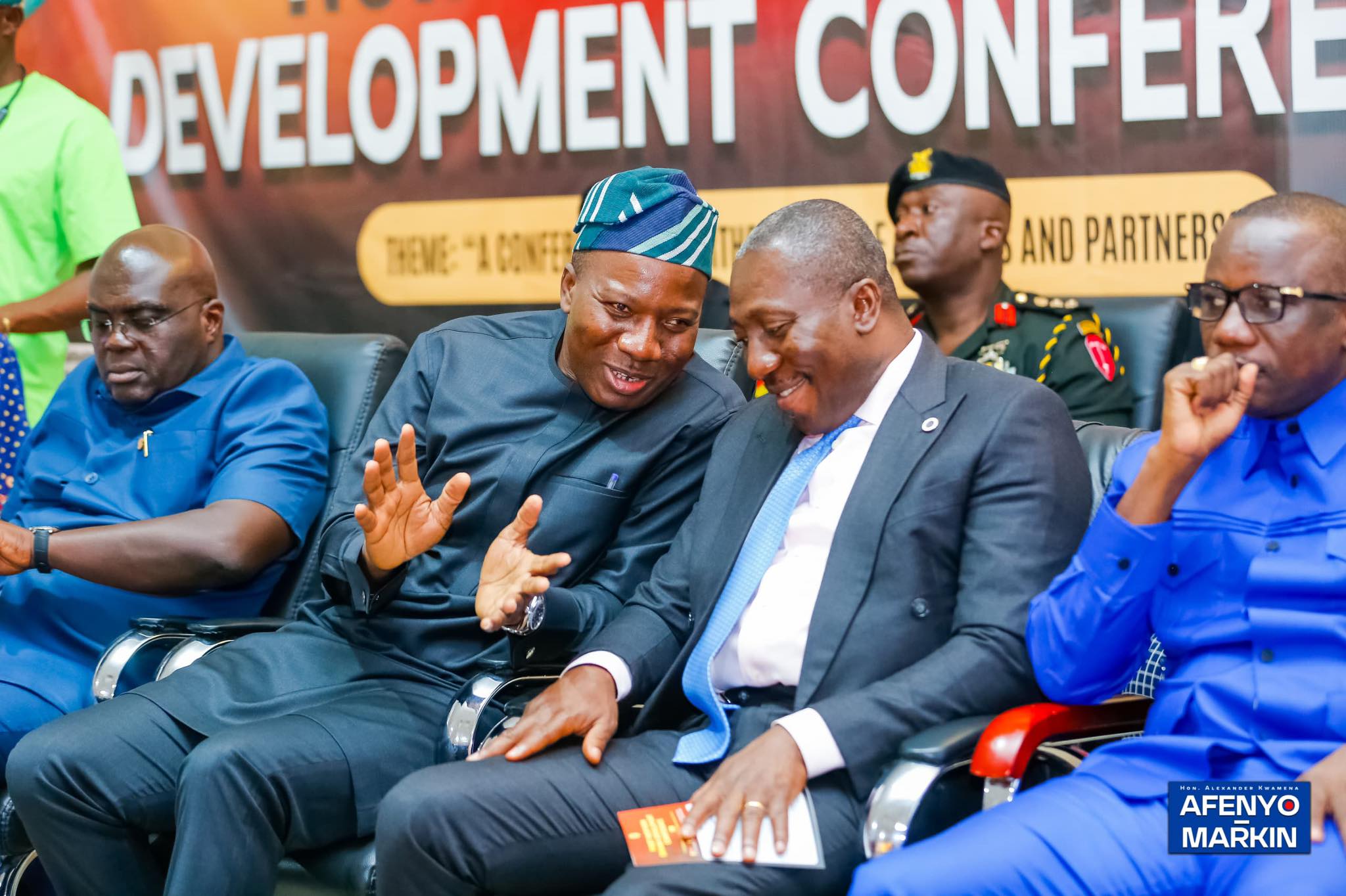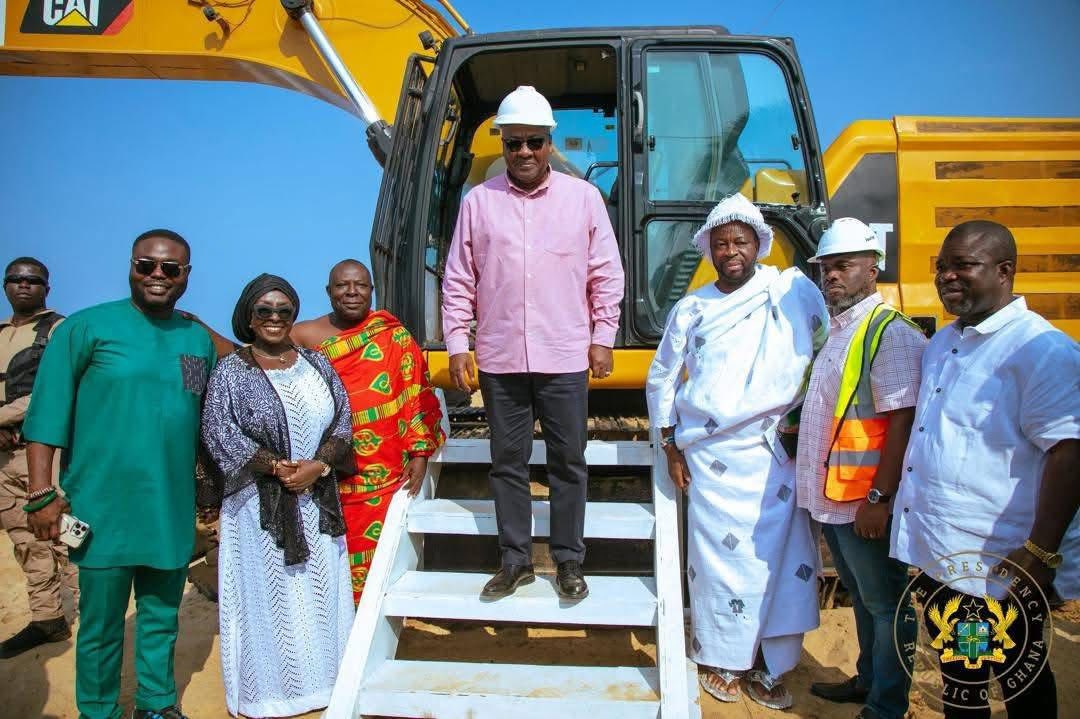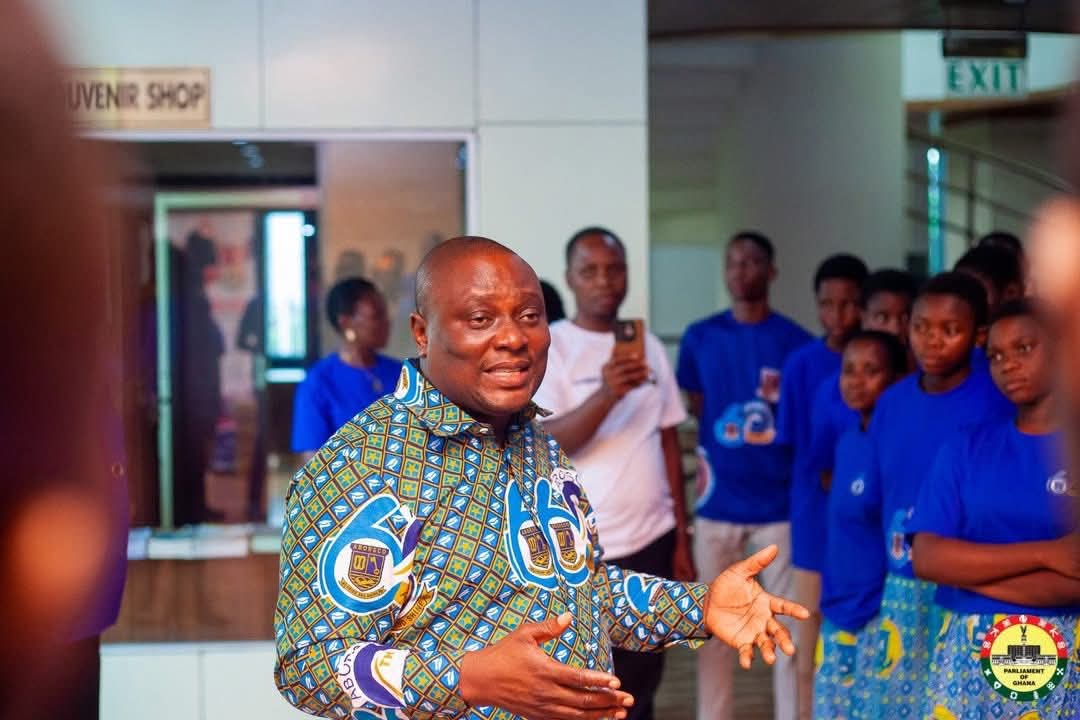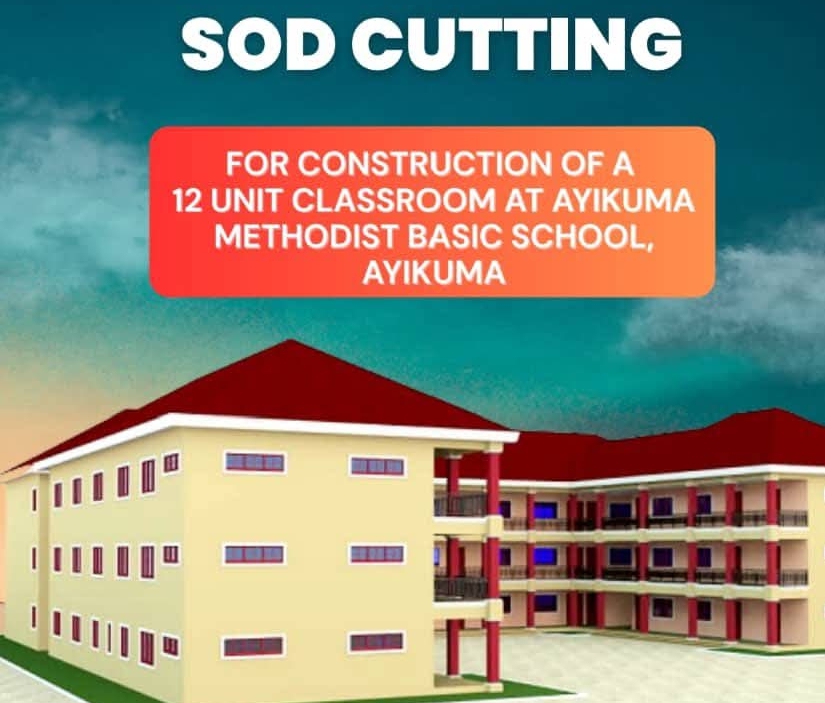At the inaugural Northern Development Conference in Tamale, the Minority Leader, Alexander Kwamina Afenyo-Markin, has emphasized the importance of unity, diverse cultural heritage, and strategic collaboration to unlock the region’s full potential. Speaking under the theme “A Conference of Northern People, Leaders and Partners,” Osahen Alexander Kwamena Afenyo-Markin highlighted the region’s rich cultural diversity, which he described as a strength that fosters tolerance and shared identity. He also underscored Northern Ghana’s vital role as the country’s “breadbasket,” contributing over 40% of Ghana’s agricultural produce, and called for increased investment in modern farming, agro-processing, tourism, renewable energy, and other sectors to enhance sustainable growth and job creation.
He paid special tribute to a recent milestone, the official inauguration of the Northern Caucus in Parliament, led by the Speaker Alban Bagbin. The Caucus unites MPs from all five northern regions across political divides, symbolizing a collective voice advocating for development initiatives tailored to the region’s needs. Afenyo-Markin emphasized that this coalition is vital for consolidating the North’s political representation and ensuring that development priorities such as infrastructure, education, healthcare, and economic empowerment are championed effectively in national policy and budget allocations.
He addressed the persistent challenges confronting northern Ghana, chief among them high poverty rates up to 80% in some areas, poor infrastructure, inadequate access to electricity and clean water, and low educational attainment. Insecurity caused by chieftaincy disputes, ethnic conflicts, and climate-related tensions further hinders progress. Afenyo-Markin acknowledged that these intertwined issues have historically marginalized the region but expressed optimism that, through coordinated action, leadership, and partnerships, the North can break free from these stagnations and realize its developmental potential.
Finally, He issued a compelling call to action, urging traditional leaders, youth, politicians, development partners, and investors to unite in pushing for concrete initiatives and sustained efforts. He stressed that transformational progress requires transparency, accountable governance, and strategic investments in sectors like agriculture, health, education, and entrepreneurship.
Afenyo-Markin concluded by inspiring hope that, with collective resolve, Northern Ghana can become a beacon of prosperity, peace, and inclusive growth, building not only a better North but a stronger, more united Ghana.





































